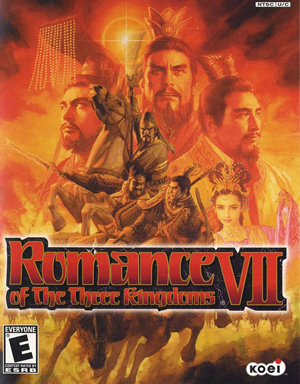SHAN has been asked by readers what it thinks about what’s happening in Burma today.
 Well, I don’t have a crystal ball and I’m not privy to the 19 August meeting between President Thein Sein and Aung San Suu Kyi, details of which are still undisclosed.
Well, I don’t have a crystal ball and I’m not privy to the 19 August meeting between President Thein Sein and Aung San Suu Kyi, details of which are still undisclosed.
But piecing together all the available information, this is the picture which emerges before me:
The Senior General is still calling the shots behind the curtains. He is still being addressed as Tat Choke (Armed Forces Chief), while the new commander-in-chief Min Aung Hlaing is called Ka Choke (Defense Chief), according to Irrawaddy.
His objective: to bring in the West especially the United States to prop up the regime, especially its finances, so his 4th Burmese Empire will last forever.
To reach this objective, ex-General Thein Sein has been assigned the job of playing the good cop and another ex-General Tin Aung Myint Oo the bad cop, to see that Thein Sein is not overstepping the line.
So far Thein Sein has done a job he can be proud of:
* He held an anti-poverty workshop and spoke of economic reforms
* He held a close-door meeting with Daw Suu and has allowed her and her delisted National League for Democracy (NLD) to remain reasonably active
* He has invited exiles to return home
* He has also openly invited armed groups for peace talks, a move unprecedented since July 1963
* He has also eased off the restrictions on the media

The only thing he hasn’t done is the much-called for release of political prisoners. Had he done it, it would have been extremely difficult for the die-hard exile opposition to hold back their people from returning to Burma and for the armed opposition United Nationalities Federal Council (UNFC) to restrain its members from going to the negotiation tables “group wise” as insisted by the regime, and not “collective wise” as demanded by it.
However, the game is a new one for every stakeholder, including the regime, because despite the fact that it has made rules in its favor, there remain lots of risks and opportunities. I have yet to work out the details, but summing up: The regime’s risk is the opposition’s opportunity and vice versa.
Which reminds me of The Three Kingdoms, a historical Chinese romance, where the bad guy, Ssuma I, after pushing through reforms, triumphs over the good guy, Liu Pei, and establish the Chin dynasty.
It also reminds me of what the Thai analyst Surapomg Jayanama said last year: Mikhail Gorbachev didn’t launch “Perestroika” and “Glasnost” movements to destroy the Soviet Union. In fact, he did them to strengthen the Communist system. However, things went out of control despite precautions and the Soviet Union collapsed in 1991.
Like Gorbachev, generals Than Shwe and Thein Sein had not been dreaming of a federal democracy when they began the so-called era of “disciplined flourishing democracy”.
However, if the opposition, both armed and unarmed, can work out a timely, informed and effective strategy, I think we will soon be witnessing the regime digging its own grave.
At least that’s what I have been telling myself.


